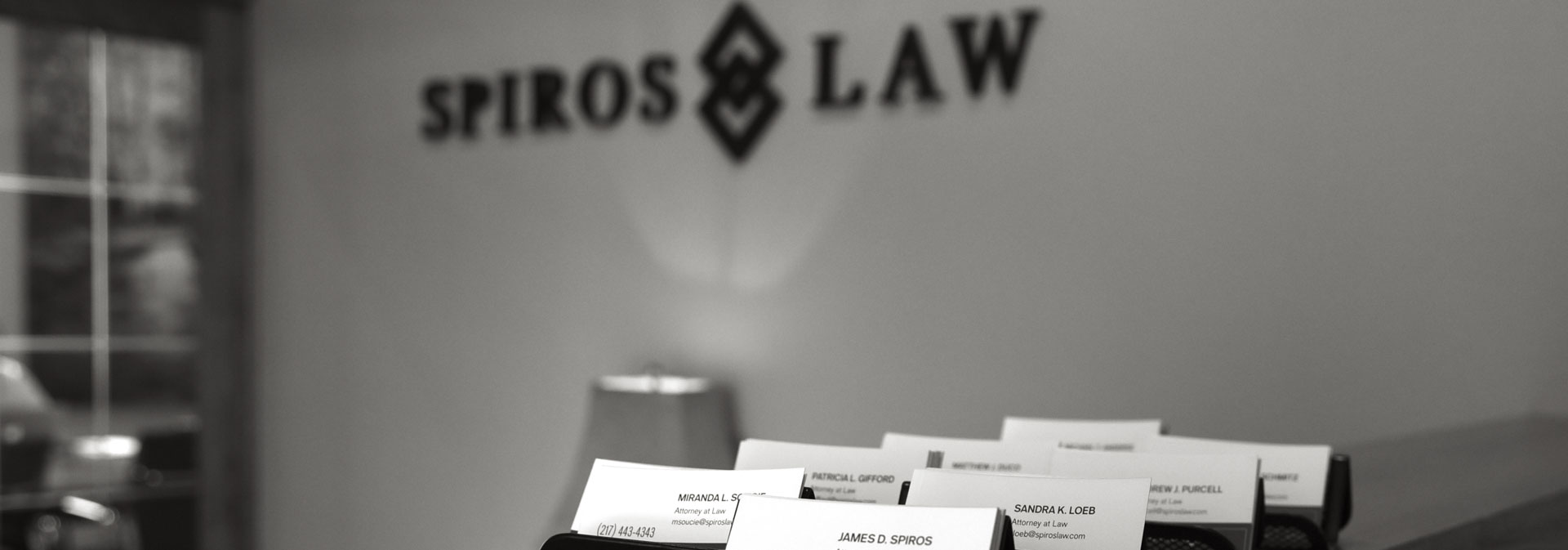Nursing home abuse is an ongoing issue within long-term care facilities, and a recent article from the Los Angeles Times calls attention to this problem and why people should be concerned. There have been numerous accounts of reported abuse at nursing homes, but according to the article, this information has been kept from the public by government authorities. As the relaxed nature of oversight within this industry continues, many senior citizens’ well-being is put in jeopardy. More people are turning to senior care facilities, as the median age of the U.S. population rises, and many are not fully aware of the potential downsides that can occur in these nursing homes. When one places their parent or relative into a nursing home facility, they expect that they will be treated with the appropriate amount of care, but unfortunately, this is not always what is received. Approximately 400 nursing homes were cited with substandard care by the Centers for Medicare and Medicaid Services, and the full list is in this report, “Uncovering Poor Care in America’s Nursing Homes.”
Within these facilities, some residents experienced outright neglect, being without proper nutrition, suffering in unsanitary conditions, as well as physical abuse, sexual assault, and premature death. The National Consumer Voice for Quality Long-Term Care, an advocacy group, points to the fact that the information not being reported in a timely manner and that it should be concerning for people who are considering placing their loved one in a nursing home facility. Thankfully, Medicare’s Center for Clinical Standards and Quality has now reportedly made it their top priority to focus their attention on ensuring that nursing home quality of care is improved. To guarantee that your loved one will be looked after properly, the article suggests searching for a qualified nursing home on the CMS’ Nursing Home Compare site or searching for other online rankings and information. They also recommend seeking advice from a health care professional, and to schedule a visit to the homes you and your family are interested in.
None the less, it is still important to know what one should do if they suspect their loved one has been a victim of nursing home abuse. Signs of nursing home abuse can include unexplained injuries, unresponsiveness, a sudden change in weight, obvious signs of poor hygiene, or out-of-the-ordinary behaviors. According to the law, management of nursing home facilities is required to address concerns you may have regarding the care of your loved one. If you suspect that abuse has occurred, it is recommended that you:
- Discuss the situation with your loved one: Although they may not want to admit it or may feel uncomfortable, it is important to ask them if they were harmed, feel threatened, or have experienced abuse or neglect.
- Document everything: This can include taking photographs of any injuries or alarming marks, saving medical reports, keeping relevant documents, and writing down everything that has occurred.
- Talk to nursing home administrators: If you suspect abuse has taken place, it is imperative that you speak with an administrator of the nursing home and discuss your concerns. With this, it is advised that you remain calm and conversate about what can be done to improve your loved one’s well-being.
- Talk to a nursing home abuse lawyer: Lawyers are equipped to help you pursue a civil lawsuit to recover compensation if your loved one has been suffered injuries. Compensation can aid you in paying bills for medical expenses, emotional distress, or pain and suffering.
If your elderly loved one has been a victim of nursing home abuse and has suffered emotional or physical injuries, the attorneys at Spiros Law, P.C. are experienced in handling cases of these matters. Our attorneys handle each case with compassion and understand the pain and suffering you and your family have experienced. Contact us at (217) 443-4343 to discuss your situation with one of our nursing home abuse attorneys.



